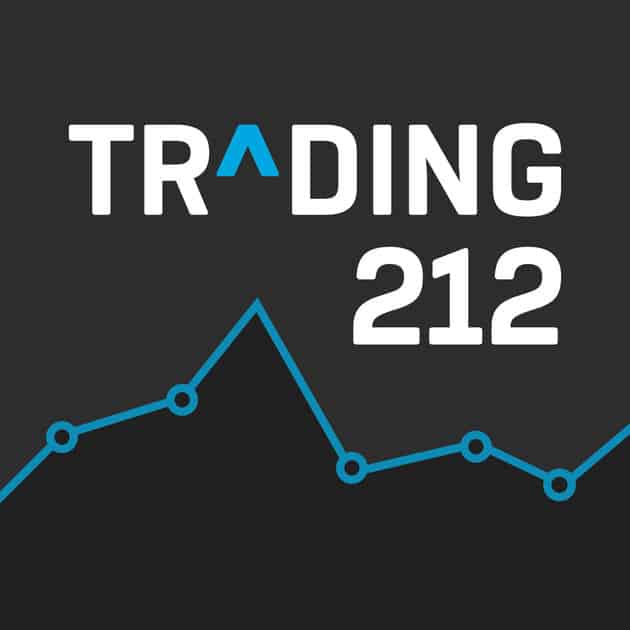When you die in the UK, what happens to your pension depends on the type of pension you have. Here’s a breakdown of what typically happens to State Pensions, Workplace Pensions, and Personal Pensions:
State Pension ends upon death. The State Pension is paid to you as an individual, so it stops when you die. It’s not inherited by your beneficiaries.
Workplace pensions are typically set up as Defined Contribution (DC) schemes, where the value of the pension depends on how much has been paid in and how investments have performed.
Like workplace pensions, personal pensions are usually defined-contribution schemes, where the value depends on how much has been paid in and how it has performed.
If you were part of a Defined Benefit pension scheme (usually from larger employers), there could be death benefits:
In most pension schemes, workplace, personal, and even some state pensions, you can nominate beneficiaries—this allows your pension provider to know who should receive your pension if you pass away. It’s a good idea to keep your nominations up to date.

Get a FREE fractional share with Trading212
Use promo code: MITM (works within the first 10 days of signing up)
Fractional share worth up to £100. Capital at risk. Terms apply

Get a Welcome Bonus of up to £50 when you invest at least £100 with InvestEngine

Consolidate your Pensions with PensionBee
Keep your pensions all in one place with this simple to use Pension service.
Manage your money better with MoneyMonitor
I personally built this website to allow me to bin my spreadsheets in favour of something a little easier to use. It’s completely free of charge.